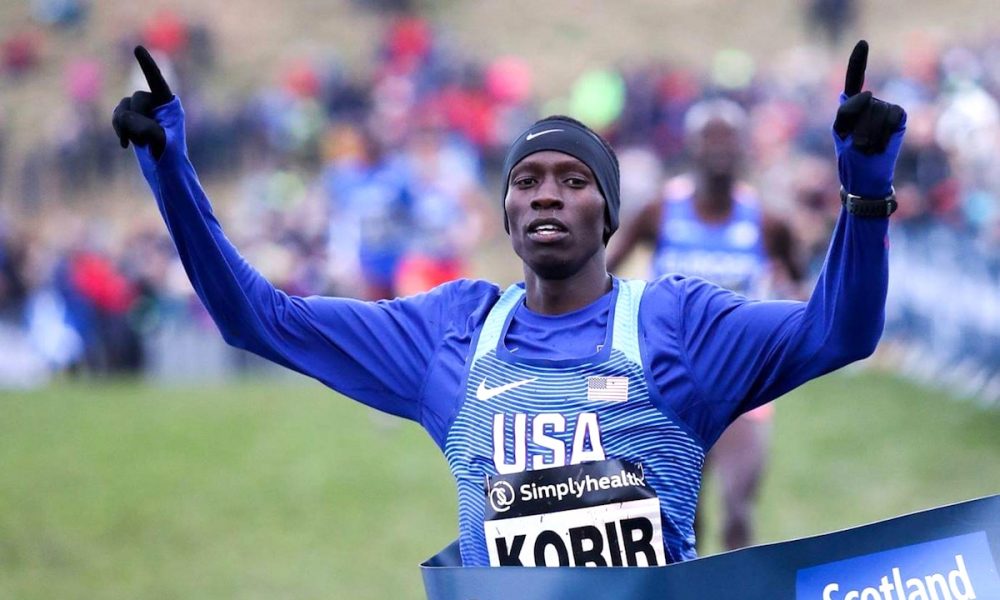Following the Olympic Marathon Trials on February 3, the primary focus shifted to the fate of Leonard Korir, the third men’s finisher, and the ambiguity surrounding his potential Olympic participation. World Athletics’ intricate rules for allocating the 80 spots in the Olympic Marathon left Korir in suspense as he clinched the third spot in the Trials with a time of 2:09:57, falling short of the automatic qualification time of 2:08:10.
A week later, Korir’s outlook has taken a positive turn. The most recent World Athletics rankings, incorporating the Trials results, position Korir at 68th among relevant competitors. Currently, if the qualifying period were to conclude, his ranking would secure him an Olympic spot, thanks to the maximum three entrants per country rule, which overlooks numerous Kenyan and Ethiopian runners with higher rankings.

The qualification window extends until May 5, with 63 of the 80 spots already assigned to time qualifiers. As Korir contemplates participating in a spring marathon to achieve the coveted 2:08:10 time, his coach, Simmons, deems it a “risky” endeavor. Korir’s personal best of 2:07:56 in October 2019 and his recent marathon in warm weather contribute to the cautious approach. Simmons suggests that a spring marathon might not be pursued if Korir’s ranking remains sufficiently high in early April.
While there is a possibility that runners from countries without three secured spots could claim the remaining 17 positions by running 2:08:10 or faster in the coming months, a close examination of the rankings suggests this outcome is becoming increasingly unlikely. Various runners from countries such as Sweden, Poland, Bahrain, and Brazil, currently behind Korir, face challenges in achieving the required time.
View this post on Instagram
Considering athletes’ rankings are determined by the average of their two best performances during the qualifying period, Korir’s current 68th position is based on his two-race average of 1,186 points. The unlikelihood of competitors behind him running a fast enough race by May 5 adds to Korir’s favorable standing.
A more speculative scenario involves Korir securing a spot if another U.S. man, aside from the top two Trials finishers Conner Mantz and Clayton Young, achieves a 2:08:10 time on an eligible course by May 5. However, given the limited number of U.S. men who have broken this barrier, including Korir himself, this possibility remains distant.

The Boston Marathon, while not contributing to the 2:08:10 standard due to its net-downhill course, presents another avenue for Korir. A top-five finish by an American man at this World Athletics platinum-level race would secure his Olympic spot. The most recent instance occurred in 2018 when Shadrack Biwott claimed third place.
As the qualifying period unfolds, Leonard Korir navigates a complex path towards securing his place on the Olympic Marathon start line. While uncertainties linger, it appears that Korir’s own running achievements may ultimately determine his fate, sparing him the need to rely on the performances of his compatriots.





